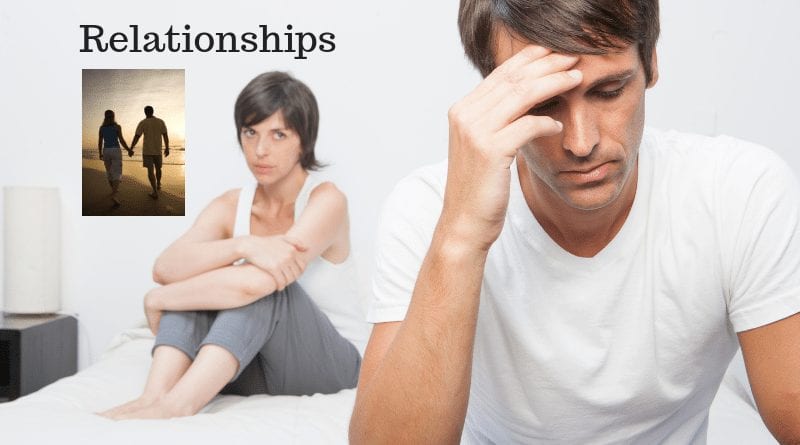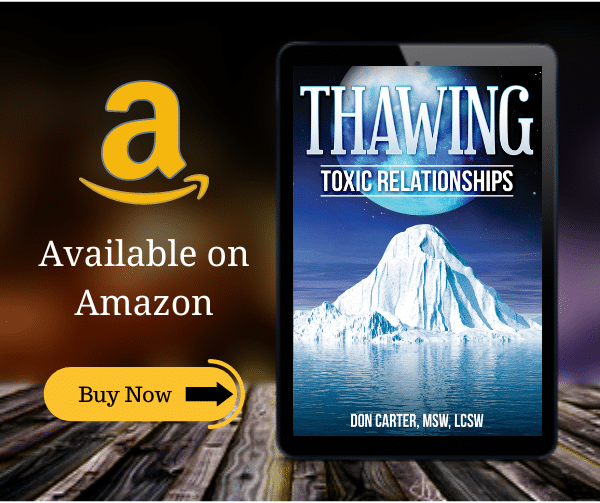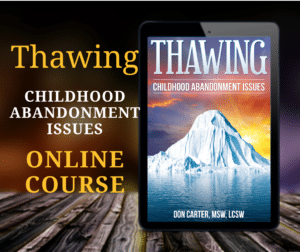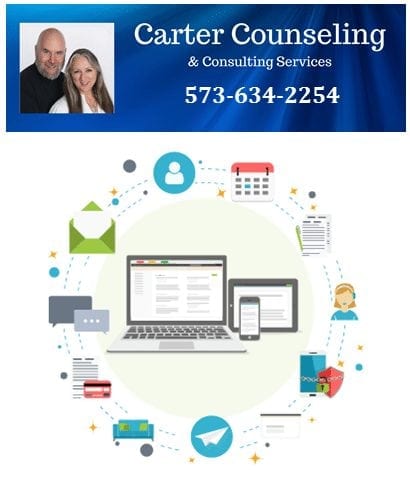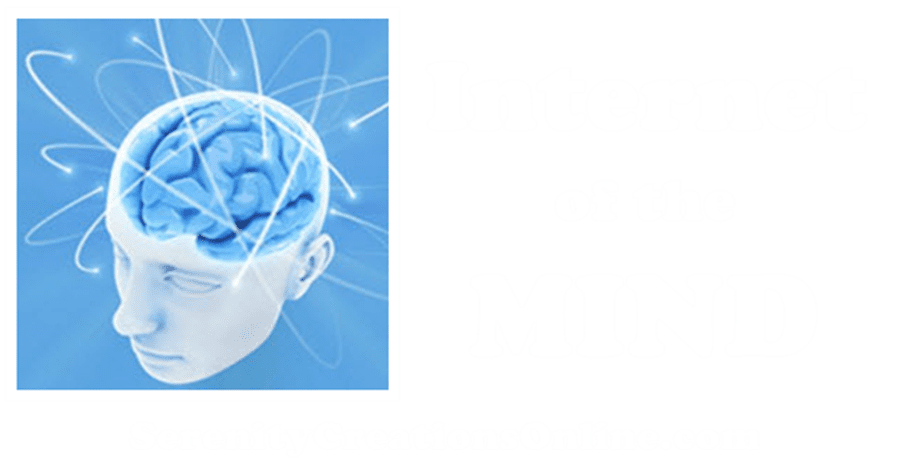
Searching for Intimacy in Relationships
Searching for intimacy in relationships is elusive to people who grew up in a dysfunctional family, but not beyond their grasp. Below I’ve used Steve Karpman’s Drama Triangle to diagram the roots, roles, and dynamics of relationship dysfunction vs. true intimacy.
You may want to review the pages listed before this one (at the bottom of this page) in order to get a basic understanding of the Triangle if you have not already done so. Attempting to define intimacy can be somewhat complex — but the triangle simplifies it by adding a visual perspective.
Searching for Intimacy & The Adapted Child Triangle:
In Transactional Analysis, the Adapted Child ego state is the part of the child’s personality that adapted to the dysfunction of the family. Within this ego state are embedded three more ego-states — The Angry/Defiant Child, The Critical Parent, and The Vulnerable Child.
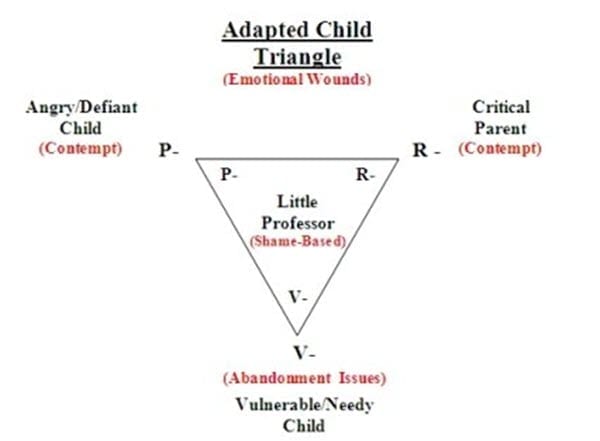
Lets start at the bottom of the diagram:
- The Vulnerable/Needy Child (V-) ego state is the part of the child’s personality that carries the pain of unmet childhood dependency needs — the original pain of abandonment. When children don’t get their dependency needs met they suffer emotional pain.With intensity and repetition that pain accumulates and creates abandonment issues such as fear of abandonment, fear of intimacy, and fear of failure. When the fear comes true again it makes the wound of abandonment deeper and more painful. This ego state is forever searching for intimacy in relationships.
- The Little Professor (LP) ego state is the part of the child’s personality that will later develop into the Adult ego state. It’s the creative part of the child that “figures things out” and makes decisions about self, others, and the world in general — aka Existential Positions (i.e., “Ok” vs. “Not Ok”). The LP is responsible for helping the child to survive by searching for intimacy with what have become known as survival roles & skills. As a result of growing up in a less-than-nurturing family, the Little Professor is infected with shame, and so becomes shame-based.It is useful to think of the Little Professor as the Conductor who orchestrates the three corners of the triangle. The music is not so good because the shame-based Little Professor makes life decisions and develops survival roles & skills based on experiences that created limiting beliefs, emotional woundedness, & existential positions grounded in shame…“I’m not Ok, others are not Ok, and/or the world is not okay”.
- The Angry/Defiant Child (P-) ego state is the part of the child that develops between 9 and 13 years old. Children develop more sophisticated defenses during this period of life — defenses that help them resist and endure, either inwardly or outwardly, depending on where they direct the anger & bitterness, i.e., Scab of Contempt. The Little Professor consolidates these new defenses into the Angry/Defiant Child ego state and decides when, where, and how to activate it for the “perceived” benefit and safety of the vulnerable child.When the contempt is internalized the Angry Child inwardly persecutes (P-) the Vulnerable Child (V-) in an attempt to control the Vulnerable Child. When the contempt is externalized the Angry Child outwardly persecutes (P-) others in an attempt to control others, get revenge, or “show them how it feels”.
- The Critical Parent (R-) is the part of the child that has recorded the voice & “should’s”, “must’s”, and “ought to’s” of the parents. Its the part that wants the Vulnerable Child to STOP searching for intimacy.The externalizing Critical Parent carries contempt for others and judges them harshly with a sense of shamlessness — For example, “If all these other stupid people would do things my way this world would be a much better place”. Blaming others is an attempt to rescue (R-) the Vulnerable Child from more shame by dumping it elsewhere.The internalizing Critical Parent carries contempt for the Vulnerable Child and judges it harshly, heaping on more and more shame — For example, “I’m so stupid! I should know better than to trust her! People just can’t be trusted!”This may be an attempt to subdue the Vulnerable Child and drive it into hiding, or it may be a re-enactment of parental relationships, or both. The “rescue” (R-) here is in the intention to protect the Vulnerable Child by making it learn how to not need or want anything from others — This happens when the Little Professor believes, “If I don’t need you then you can’t hurt me”.
Searching for Intimacy & The ACA Recovery Triangle:
Adult Children of Alcoholics and Other Dysfunctional Families (ACA) is a 12-Step Recovery program that help those with Adult Child Syndrome (diagrammed above) who are also searching for intimacy in their relationships. Below I have used the Drama Triangle to diagram what recovery from dysfunctional relationships looks like. This I call the ACA Recovery Triangle.
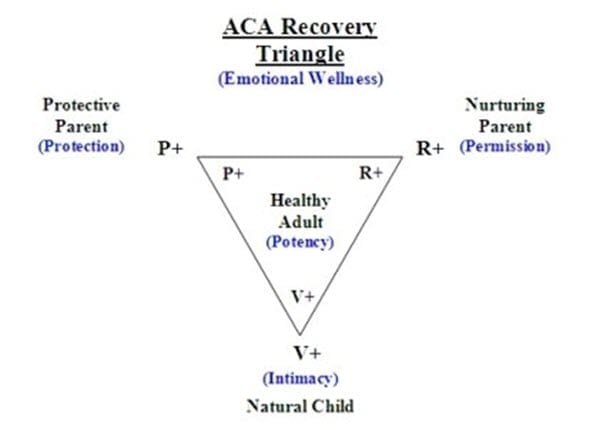
Lets start in the center of the diagram:
- The Healthy Adult ego state does not replace the Little Professor, it integrates with the creativity, intuition, and ingenuity of a LP which has been healed of the infection of shame it carried for so long.These qualities of the Little Professor are complimented by the experience, wisdom, and Potency of a Healthy Adult ego state through engaging in a recovery process and creating and strengthen new neural networks as a result of the intensity and repetition of recovery activities.
- The Healthy Parent ego state — The top line of the triangle represents the two functions of a Healthy Parent – to protect and nurture.
- The Protective Parent provides the Protection or Personal Power (P+) to be assertive, set boundaries, and have the inner strength that comes from knowing one can take care of self.
- The Nurturing Parent provides the ability to Reach-Out (R+) to others with compassion, care, and empathy…and to soothe, encourage, and give Permissions to the inner Natural Child to explore, play, feel feelings, have opinions, and be okay with self.
- The Natural Child ego state is the part of self that carries healthy emotions, has hopes & dreams, is spontaneous & fun-loving and can be vulnerable (V+) enough to connect to another safe person with healthy, authentic intimacy.In recovery, the emotional wounds are healed or healing and all parts are working in harmony with each other — without the pain of abandonment, shame, and contempt — True intimacy is now possible. Just as with anything else, it takes practice and growth.
There are many more new variations on the Drama Triangle... they can be found in the pages below. I recommend that you study them in the order they are listed:

